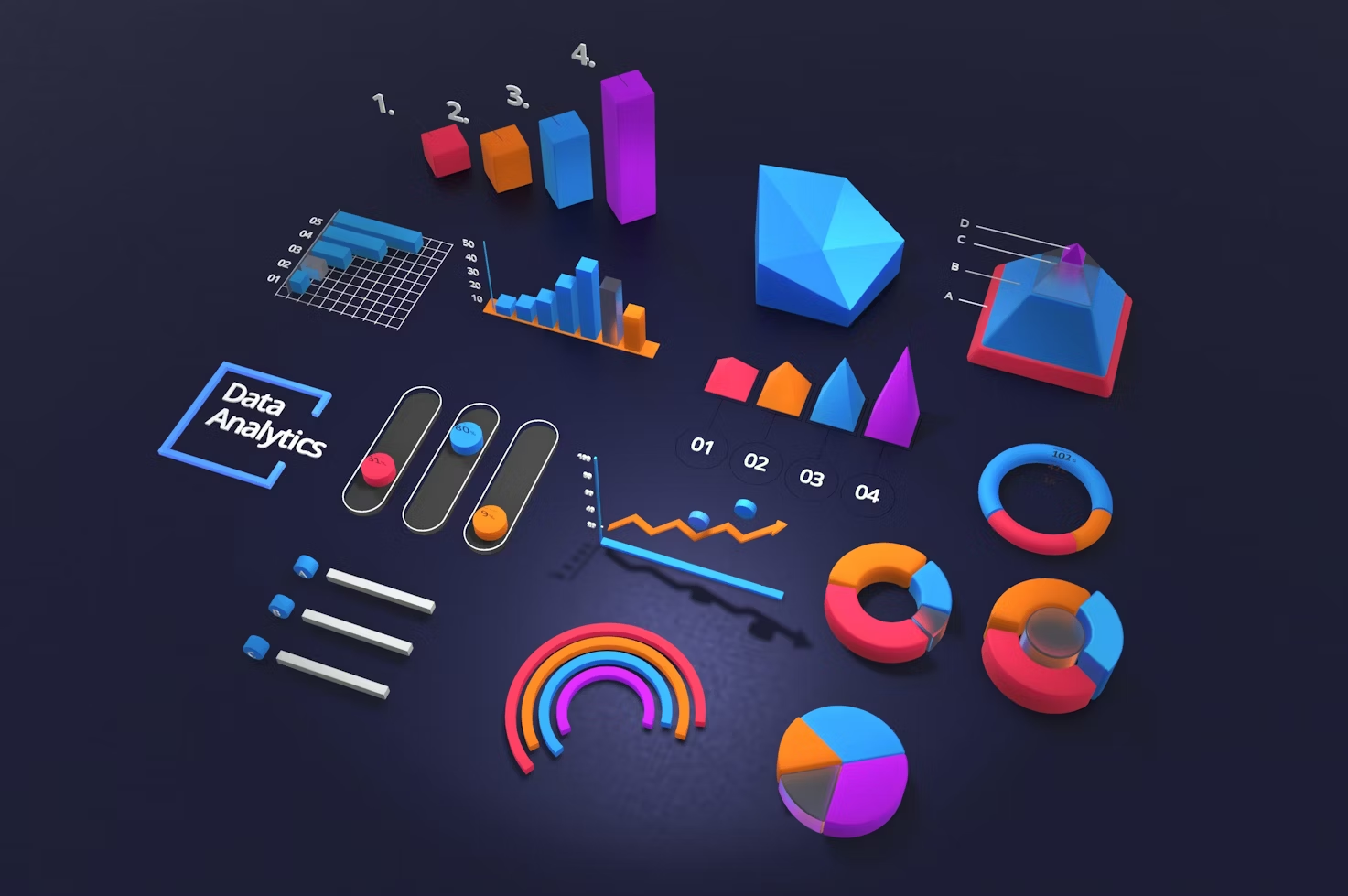
Advanced Analytics: Turning Accounting Data into Strategic Insights
In today’s fast-changing world of business, being able to turn basic accounting data into actionable insights is more important than ever. This transformation is driven by modern tools and techniques such as advanced analytics. Organizations can now predict trends and identify patterns and enhance their strategic planning by using advanced analytics in their accounting practices.
The question may arise in your mind what is meant by advanced analytics? It is actually the use of sophisticated and advanced tools and techniques to analyze large amounts of data. This helps find hidden patterns, trends, and insights about the business operations and helps make better decisions.
The Role of Advanced Analytics in Accounting
Advanced analytics involves many methods such as predictive modeling, machine learning and complex event processing that can scrutinize huge quantities of data thereby giving meaningful insights. This allows people in accountancy to use them for more than merely keeping accounting records or preparing financial reports hence they may offer advice related to business strategies leading to prosperity.
Predictive Modeling and Forecasting
Predictive modeling involves using past information in accounting records to predict scenarios for the future such as cash flows patterns and expected growth rates of sales revenues or any probable risks that might occur within certain periods hence making timely decisions on what to do.
These accurate predictions could assist accounts and financial planners in making realistic predictions about revenue levels so they could prepare budgets properly before year end when they know exactly how much money they will earn during next year.
Fraud Detection and Risk Management
Advanced analytics is a central part of fraud detection and risk management. The machine learning algorithm can make real-time analysis of transactional data, detect peculiar patterns, and raise red flags on most likely fraudulent activities. Therefore, the accountants will be in a good position to detect and prevent fraud, thus ensuring the financial integrity of every respective organization.
Moreover, through advanced analytics, one could gauge the risk involved with the business decisions. For instance, analyzing the data derived from similar projects or investments, it would make a company better understand what might be risk and what return, therefore making effective business decisions in light of such evidence.
Data-Driven Decision Making
In raw form, the accounting data become valuable in shaping different decisions. Advanced analytics convert raw data into meaningful insights, which can help in driving strategic decisions across the entire organization. It means that with charts, graphs, dashboards, and with other forms of visualization, accountants can communicate complex financial information in an easy-to-understand manner, which would facilitate better decision-making for senior management.
Enhancing Operational Efficiency
Advanced analytics support strategic planning and develop operational efficiency. Starting from such tasks as data entry, reconciliation, and report generation, it turns accountants into really strategic activities. Machine learning algorithms process a huge volume of data more quickly and accurately, thereby reducing the time and effort spent on manual data analysis.
Also, budgeting, forecasting, and financial reporting processes of the financial function are streamlined using advanced analytics. With advanced analytics, businesses simplify their operations, incur minimum costs, and enhance overall productivity by pinpointing inefficiencies as well as recommending ways of improving them.
Implementing Advanced Analytics in Accounting
The following steps can be followed for implementing advanced analytics in accounting practices:
Data Collection and Preparation
Advanced analytics starts with gathering high-quality data. This includes collecting high-quality data from diverse sources and ensuring that data quality is accurate, consistent, and complete. To achieve this, there would be a strong need to employ strong practices in data management, such as data governance and quality frameworks.
Selecting the Right Tools and Technologies
For advanced analytics to succeed, using an appropriate analysis tool must be is critical. The organizations need to factor in scalability, user-friendliness, and integration with current solutions. The chosen tools should align with the accounting team’s skills and the kind of analyses they plan to do.
FAQs
What are the benefits of using advanced analytics in accounting?
Advanced analytics offers a wide range of benefits in accounting like improved forecasting, fraud detection, risk management, data-driven decision-making, and enhanced operational efficiency.
What are some of the advanced analytics techniques used in accounting?
Common techniques include predictive modeling, machine learning, and complex event processing.
How can advanced analytics improve budgeting and forecasting?
By using historical data and identifying trends, advanced analytics helps create more accurate predictions about future cash flow, sales revenue, and potential risks.
Can advanced analytics help prevent fraud?
Machine learning algorithms can analyze transactions in real time, detect unusual patterns, and flag suspicious activity, making it easier for accountants to identify and prevent fraud.
How does advanced analytics aid in risk management?
Advanced analytics allows businesses to assess risks associated with decisions by analyzing data from similar projects or investments. This data-driven approach helps make informed choices that balance potential risks with expected returns.
What are some of the challenges of implementing advanced analytics in accounting?
Challenges include ensuring high-quality data collection and preparation, and selecting the right tools and technologies.
Advanced analytics is revolutionizing the profession of accounting. It transforms raw data into valuable strategic insights. By using predictive modeling and other high-tech methods, accountants come up with more precise predictions that help predict fraud, manage risk, and enhance strategic decision-making.
